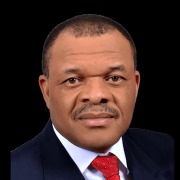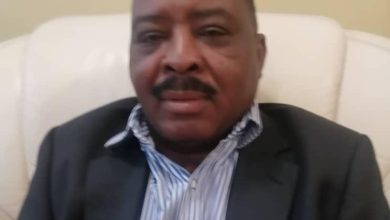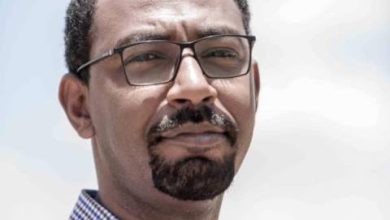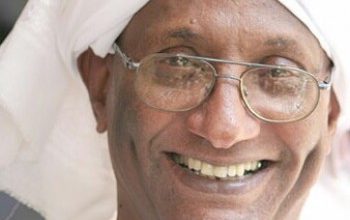What Turmoil in ECOWAS Means for Nigeria and Regional Stability (1-6)

Nnamdi Obasi
Senior Adviser, Nigeria
A string of coups in the central Sahel continues to reverberate in West Africa. On 28 January, Burkina Faso, Mali and Niger – where military officers seized power in a series of putsches beginning in 2021 – announced that they were exiting the Economic Community of West African States (ECOWAS), a regional development body created by the Treaty of Lagos in 1975. ECOWAS is a fifteen-country organisation with a mandate to promote economic integration (including through its 1979 Protocol on Free Movement of Persons, Residence and Establishment). Over time, that mandate was expanded to include resolving conflicts and maintaining peace; and then fostering democracy and rule of law (including through its 2001 Protocol on Democracy and Good Governance) in all West Africa. It has arguably been the most effective of several such blocs on the continent, and its cohesion in turn became a core strength of the African Union (AU) when it was formed out of the Organisation of African Unity in 2002.
ECOWAS has been at loggerheads with the trio of military regimes in the Sahel for some time, particularly since the July 2023 putsch in Niger, which was the last in the series of coups that brought officers to power. Immediately after that takeover, anxious to bolster its norm of constitutional rule, the bloc slapped sanctions on Niamey, the toughest penalties it has ever imposed on a member state. Following resolutions by bloc leaders, the other ECOWAS member states (excluding Burkina Faso and Mali, as well as Guinea, which experienced its own coup in 2021) closed their borders with Niger, suspended financial transactions and froze its assets, demanding that the junta restore the democratically elected president, Mohamed Bazoum, to office. Niger’s more prosperous neighbour, Nigeria, also cut off its supply of electricity, which Niger had relied on to meet about 70 per cent of its domestic needs. ECOWAS pointedly threatened military intervention, ordering mobilisation of its Standby Force, to get Bazoum reinstated if all else failed.
The new regime in Niger, together with its counterparts in Burkina Faso and Mali, reacted strongly to these pressure tactics. The Burkinabé and Malian military authorities vowed to come to the Nigeriens’ aid should ECOWAS follow through with military action. In September 2023, the three regimes upped the ante by creating the Alliance of Sahel States, a formal mutual defence pact. Amid rising opposition to a military operation, especially among the Nigerian populace, talk of ECOWAS intervention began to wane.
But tensions remained. On 1 December 2023, the foreign ministers of the three Sahelian countries suggested they would form a confederation. This move signalled their resolve to seek new means of multilateral collaboration, culminating in their momentous decision to leave ECOWAS.
In their joint withdrawal statement, issued on 28 January, the military rulers of the three countries listed four specific grievances against ECOWAS. First, they alleged that ECOWAS had “moved away from the ideals of its founding fathers and pan-Africanism”. “Under the influence of foreign powers”, they went on to say, the bloc had “betrayed its founding principles” and had “become a threat to its member states and its populations whose happiness it is supposed to ensure”.



